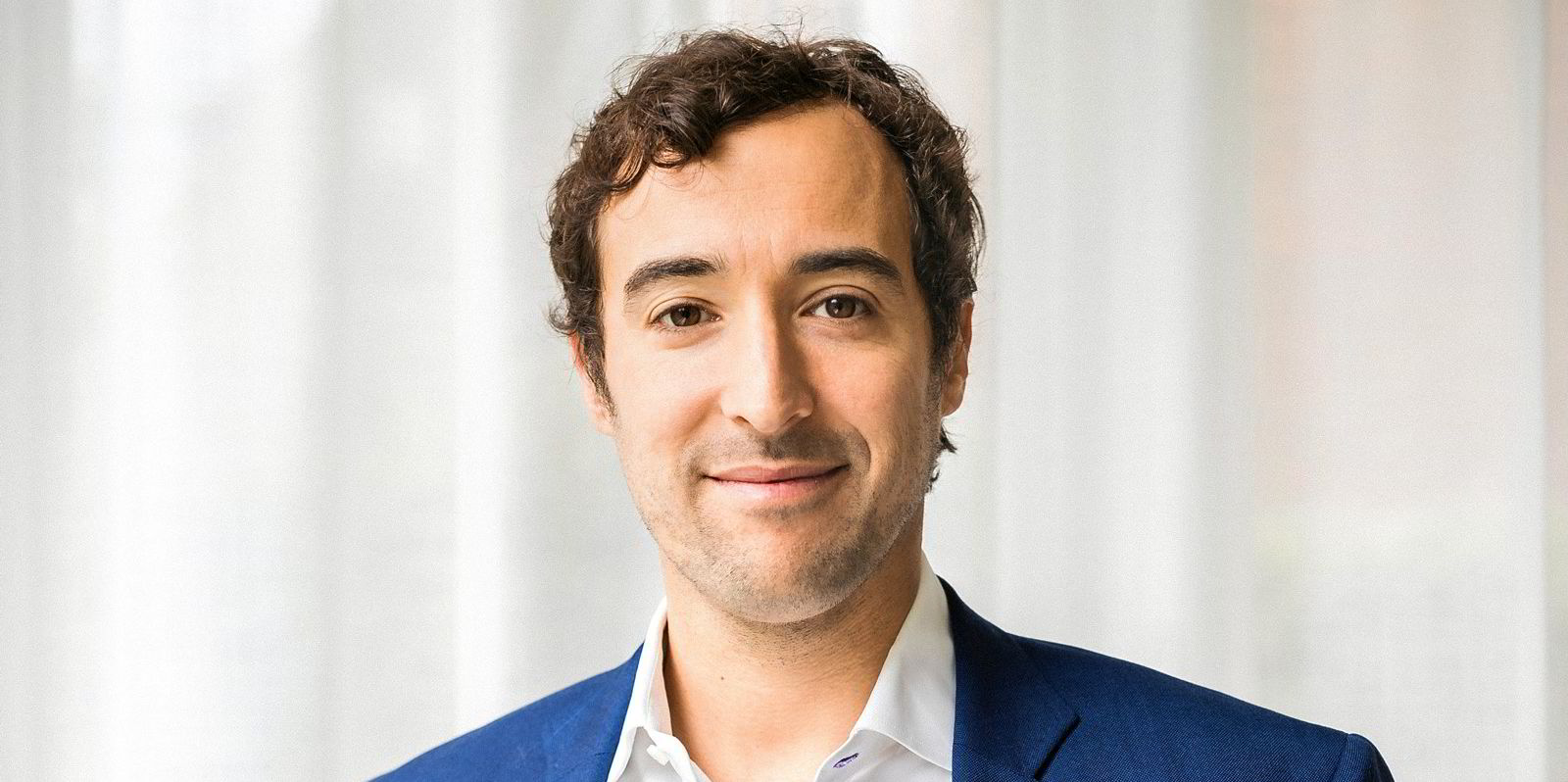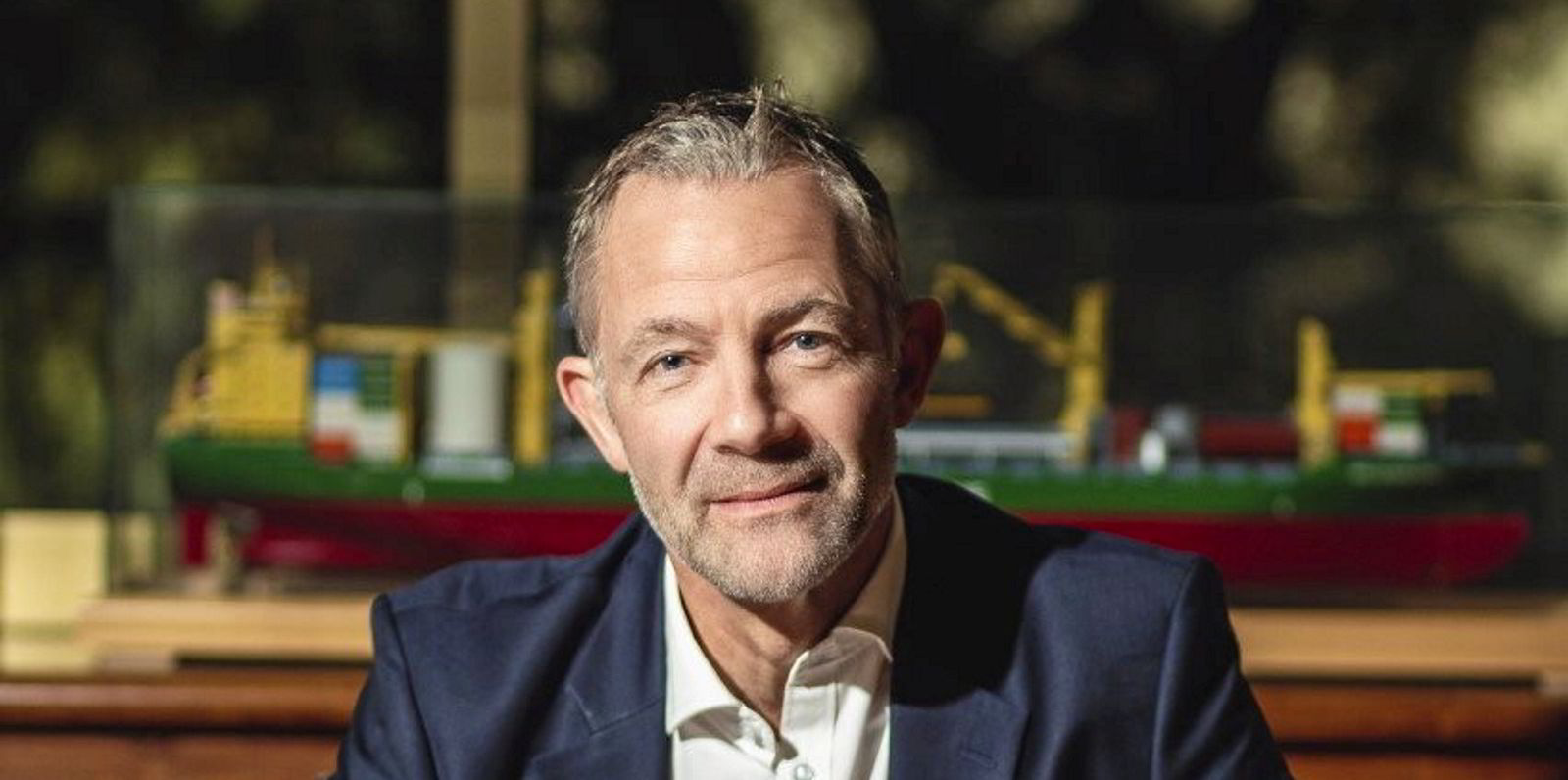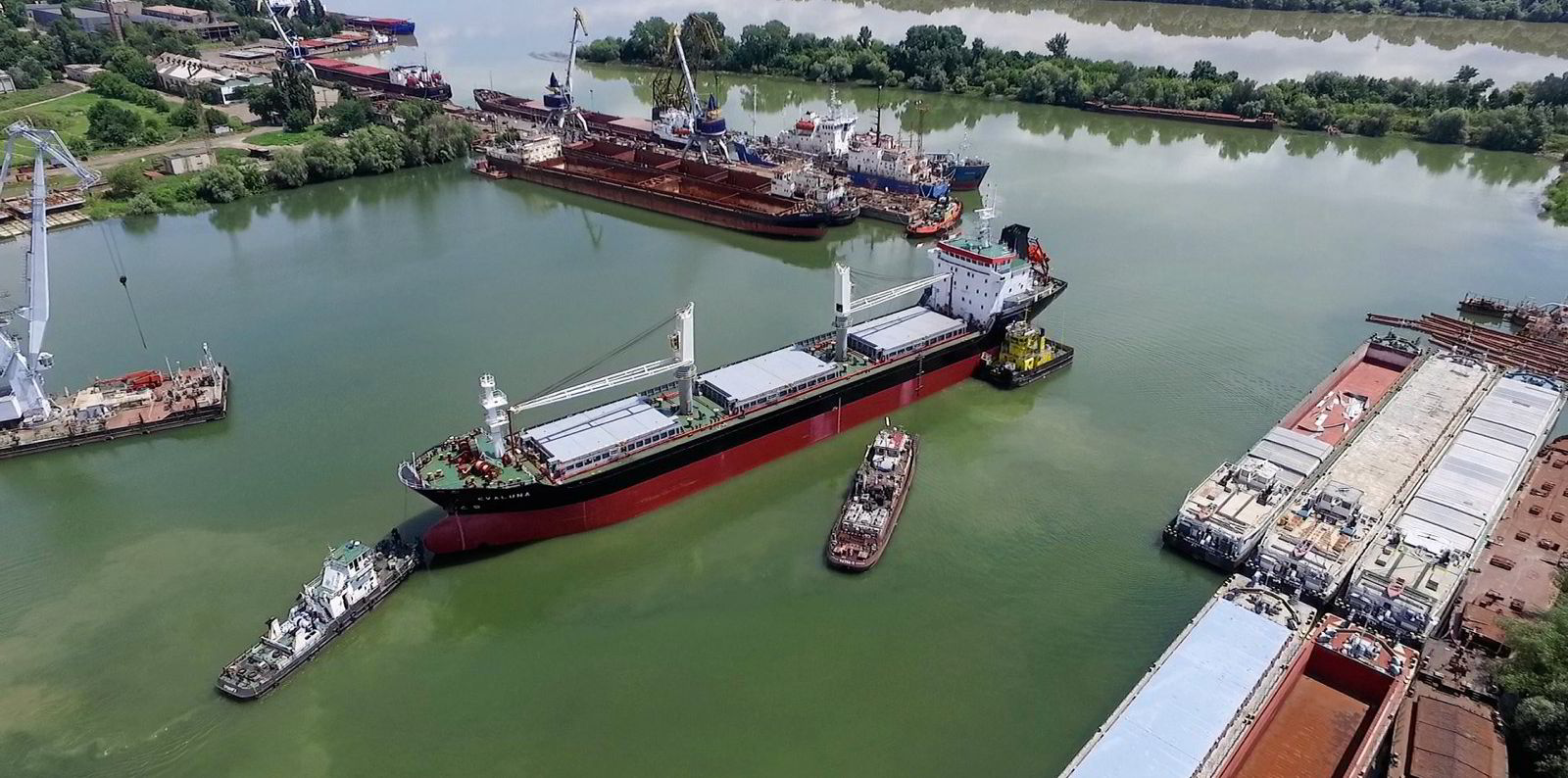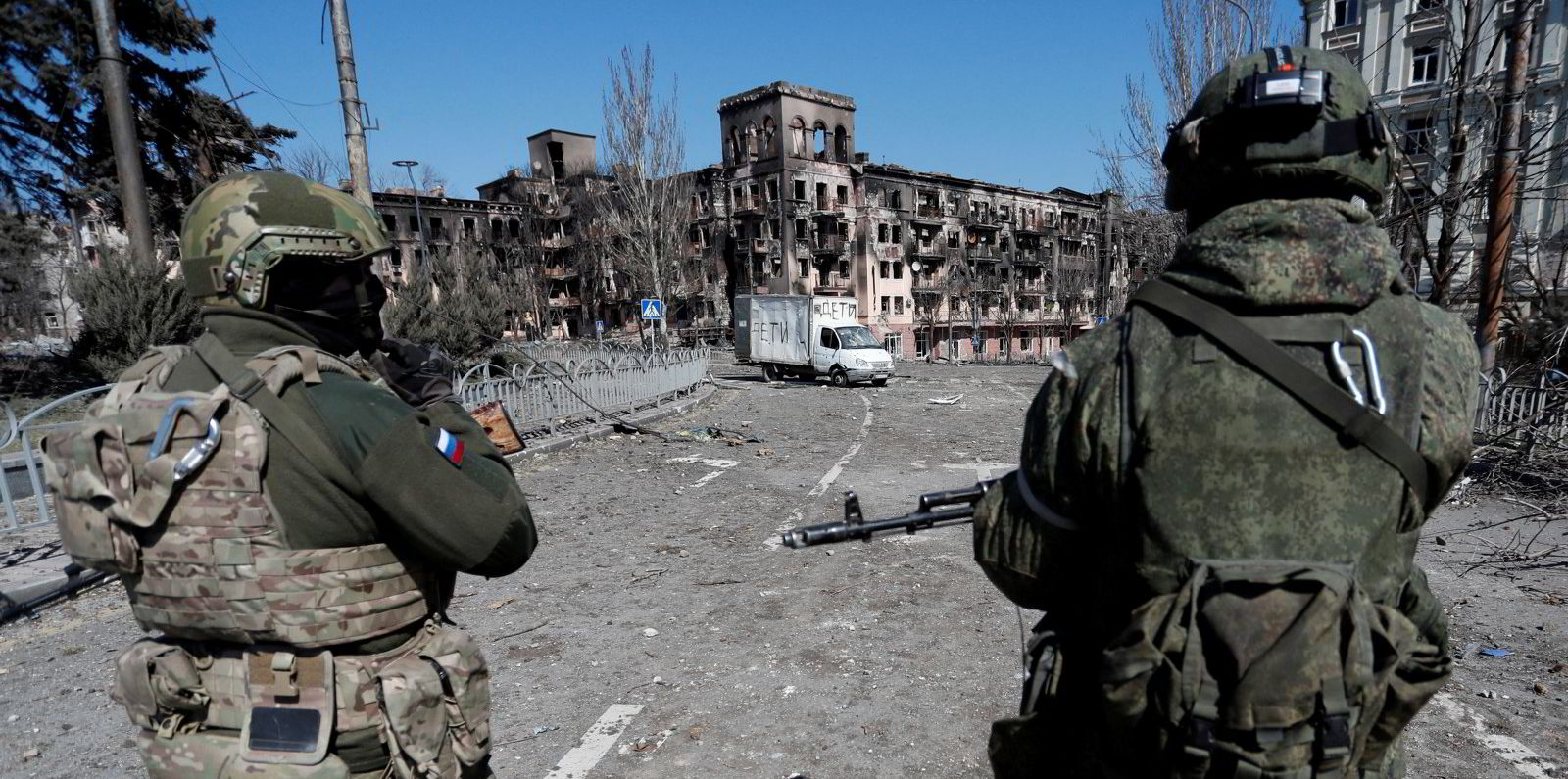Giant ship manager Columbia Shipmanagement (CSM) has revealed a huge charitable drive to help seafarers and their families impacted by the war in Ukraine.
The company has worked with partner Mental Health Support Solutions (MHSS) to assemble and deploy a team of 320 Ukrainian psychologists to counsel traumatised refugees at what it calls CSM “sanctuaries” in Poland and Romania.
And it has raised $1.3m to put directly into the hands of victims of the conflict.
Chief executive Mark O’Neil told TradeWinds that client and shareholder Schoeller Holdings contributed $500,000, with CSM matching this.
Employees and other clients added more to the total.
CSM has more than 600 Ukrainians and 800 Russians among its 15,000 seafarers.
“Some of the stories we are hearing and some of the pictures we are seeing touch our soul and the souls of our seafarers,” O’Neil said.
“We look at the victims of the war, whether they are Ukrainian, Russian, Georgian, Filipino, it really doesn’t matter,” he added.
The guiding principle for the use of the fund is no bureaucracy, the CEO explained.
“We wanted to put cash in the hands of those that needed cash without having to account for it,” he added.
Cash put into the right hands
Any family of a seafarer coming across the border at reception centres in Russia, Ukraine, Romania and Poland will be given money for essentials and helped through the asylum system.
CSM has also opened up their services to seafarers from other companies through InterManager on a reciprocal basis.
The group has taken over a Romanian hotel with 25 self-catering rooms, as well as two large hostels in Poland. They are fully funded for six months.
O’Neil said the facilities had to be secure, with security guards on the door to protect the women and children who come in.
“Because we’re hearing such awful stories about how in certain circumstances these poor women and their families were being taken advantage of,” he added.
Mental health a vital consideration

Mental health has been central to everything CSM has done, O’Neil explained.
The former army man said: “I’ve been through a war, I know what trauma means and these families will be extremely traumatised. Money is not an issue here, it’s what you do with it. You need viable projects.”
O’Neil added: “When the flow of refugees hopefully abates, what do we do then? Let’s set up a charity on a wider scale, for all those other victims with long-term needs.”
Charles Watkins, CEO of MHSS, talked to TradeWinds from the Romanian sanctuary.
“We’re able to give Ukrainian psychologists jobs. We have so many people in need,” he said.
The previous day he talked to two people from the devastated city of Mariupol who were “totally traumatised”.
“We offered immediate support in the Ukrainian language,” he added.
Help for children
Watkins also said that women with young families are arriving and telling him they need help for their children.
MHSS is using specialists in child psychology, with sustainable programmes, art therapy etc.
“It’s like in medicine — the earlier you treat it the better it is,” Watkins added.
Post-traumatic stress disorder, or PTSD, counselling is being provided as well.
“It’s amazing. It’s a holistic system and that’s the only system that makes sense,” Watkins said.
Some of MHSS’ psychologists are still in Ukraine, while others have fled to Romania, Poland, Bulgaria and Germany, waiting to find work.
“They want to help their own people,” Watkins said.
MHSS is also training organisers without a clinical background. They can learn to spot symptoms and needs, he added.
Long-term commitment
O’Neil tells of how he receives letters from seafarers on CSM ships.
“You weep when you read them. They are so grateful that their families are being looked after, and their kids are being counselled. They said ‘you’ve got us forever’. It is the biggest compliment that you could possibly imagine,” he said.
And the commitment will remain after the conflict has ceased.
“It would be all too easy to walk away after all this is done. No, this has a long tail,” O’Neil said.
“Judge us and all others who talk the talk, whether they are walking the walk in five or 10 years’ time. We need to be there at the end as well as the beginning,” he added.







